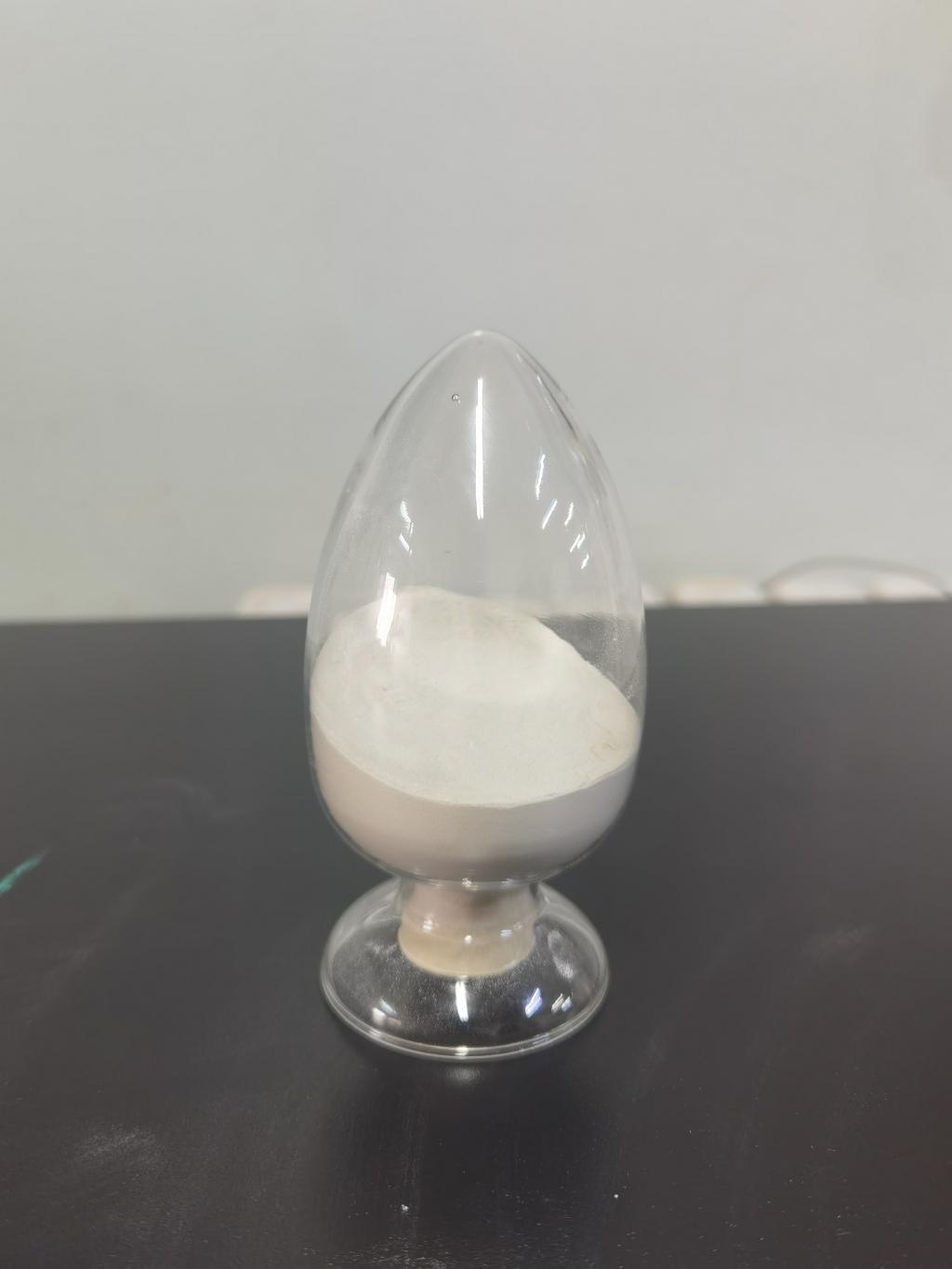Tel:+8618231198596

News
 CONTACT
CONTACT
 CONTACT
CONTACT
- Linkman:Linda Yao
- Tel: +8618231198596
- Email:linda.yao@dcpharma.cn
- Linkman:CHARLES.WANG
- Department:Overseas
- Tel: 0086 0311-85537378 0086 0311-85539701
News
Is Nisin safe for human consumption?
TIME:2023-03-21
Toxicity Studies
Nisin has been extensively studied for its toxicity profile, and these studies have consistently shown that nisin is safe for human consumption. In a comprehensive review of the safety of nisin, the EFSA concluded that nisin is not genotoxic or carcinogenic and that its use as a food additive is safe for all age groups, including infants, young children, and pregnant and breastfeeding women.
Nisin has also been shown to have a low potential for allergenicity. In a study published in the Journal of Agricultural and Food Chemistry, researchers evaluated the potential allergenicity of nisin using a variety of tests, including a skin prick test and a human basophil activation test. The results showed that nisin did not induce an allergic response in any of the study participants.
In addition, studies have shown that nisin is not toxic to the kidneys or liver. In a study published in the journal Toxicology Letters, rats were given high doses of nisin for 90 days, and the researchers found no evidence of toxicity to the kidneys or liver.
Regulatory Approval
Nisin has been approved for use as a food additive by many regulatory bodies, including the FDA, EFSA, and the Joint Expert Committee on Food Additives (JECFA) of the World Health Organization (WHO). In the US, nisin is listed as Generally Recognized as Safe (GRAS) by the FDA, which means that it is considered safe for use in food products without the need for premarket approval.
In the European Union, nisin is listed as a food additive under the E number E234, and its use is regulated by the EFSA. The EFSA has set a maximum allowable level of nisin in food products, and manufacturers must comply with this limit in order to ensure the safety of their products.
Conclusion
In conclusion, nisin is a safe food additive that has been extensively studied for its toxicity profile. Studies have consistently shown that nisin is not genotoxic or carcinogenic, has a low potential for allergenicity, and is not toxic to the kidneys or liver. Nisin has been approved for use by many regulatory bodies, including the FDA, EFSA, and JECFA, and is considered safe for use in food products. However, as with any food additive, it is important to use nisin in accordance with regulatory guidelines and to monitor its use to ensure its continued safety.
- Tel:+8618231198596
- Whatsapp:18231198596
- Chat With Skype







